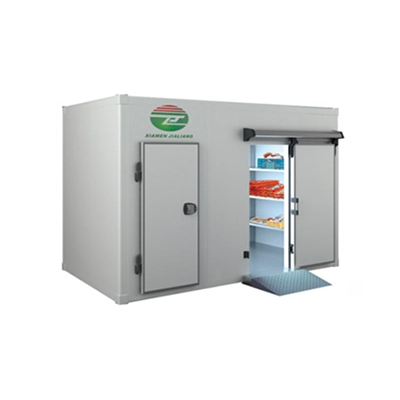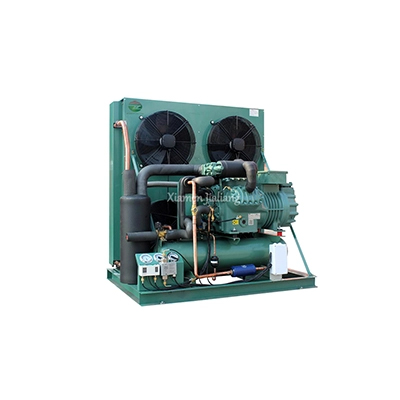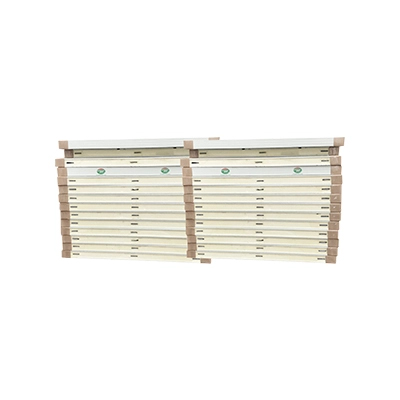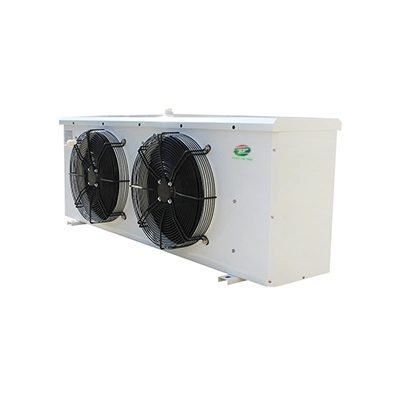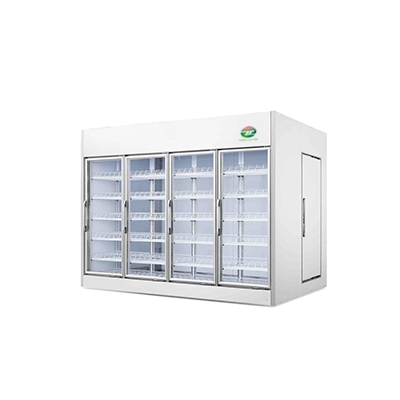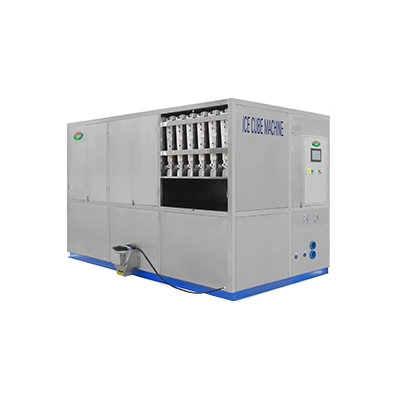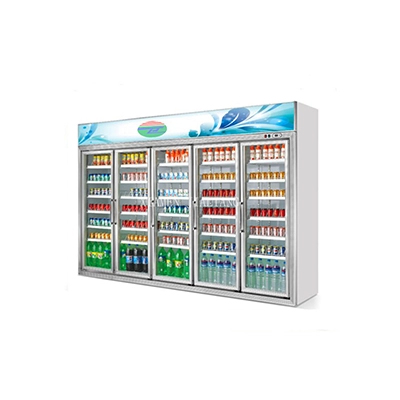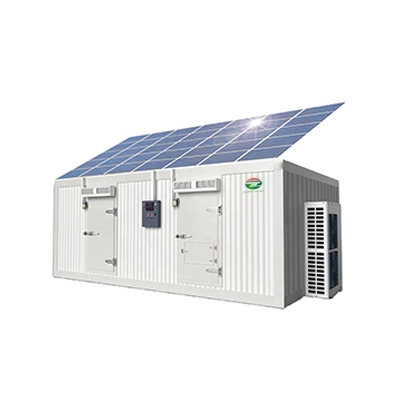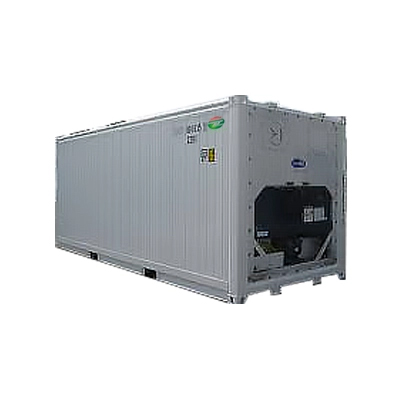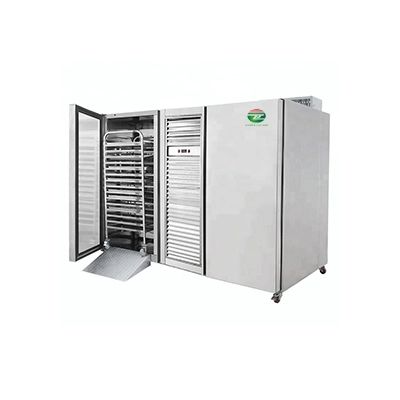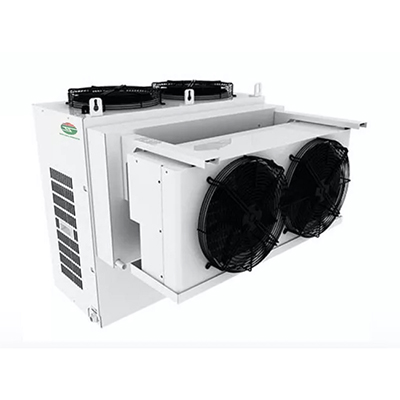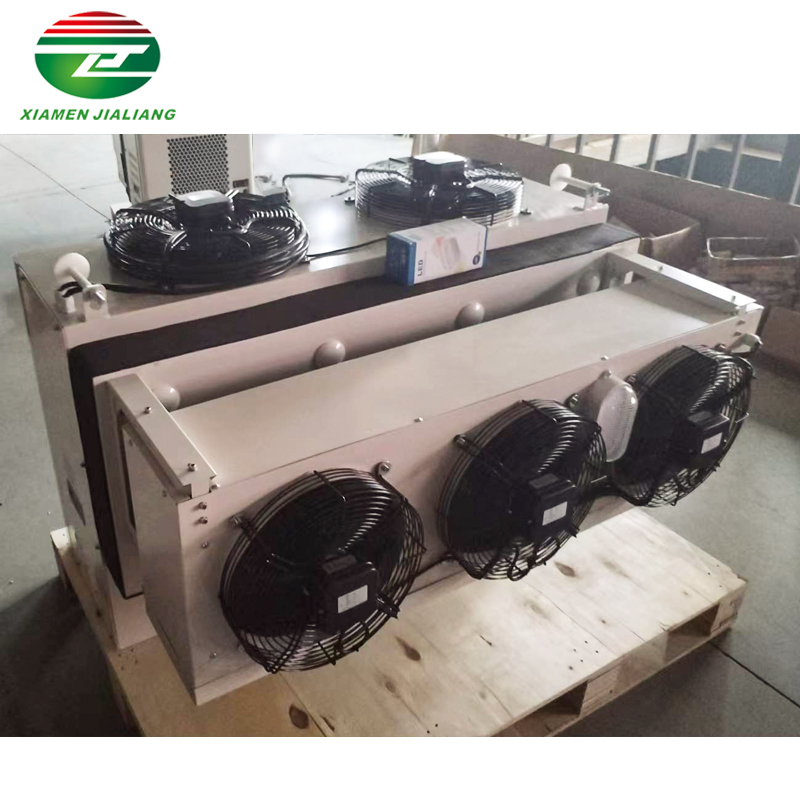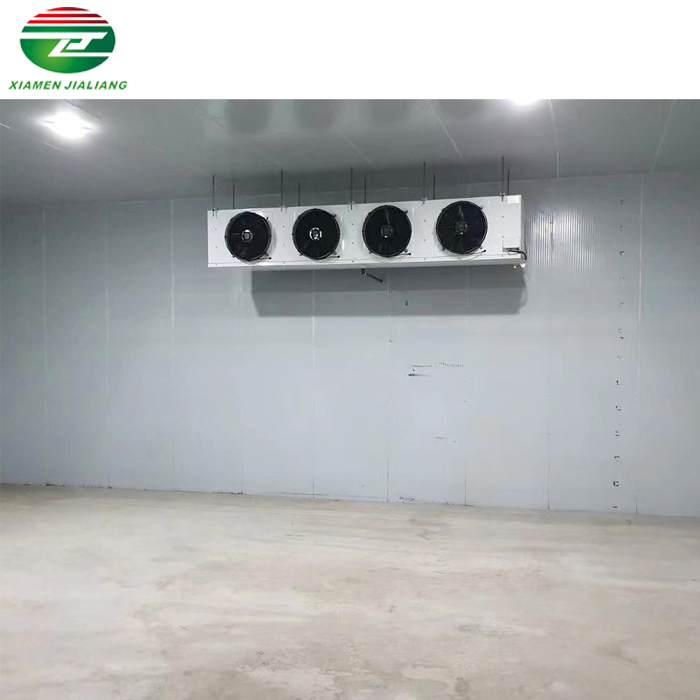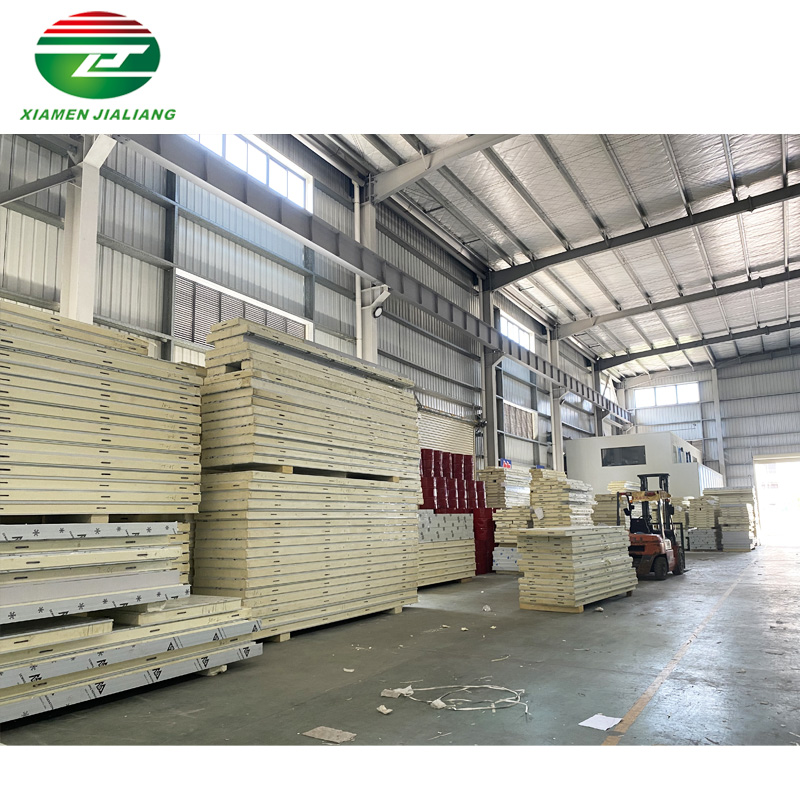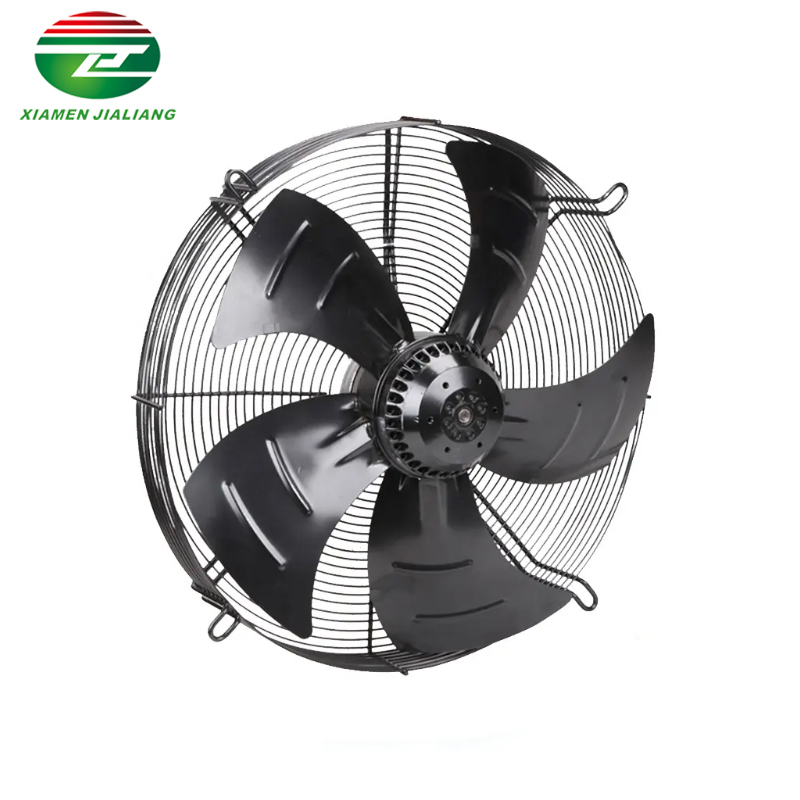What material should never be stored in cold rooms?
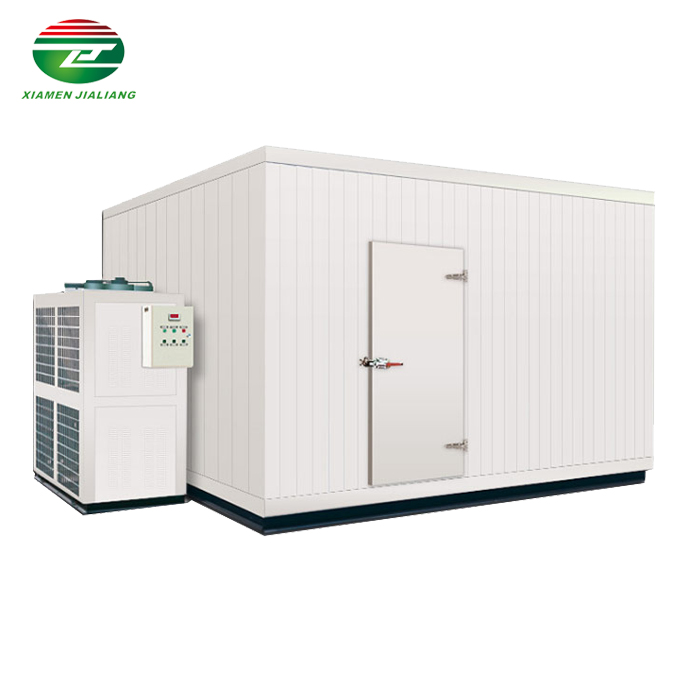
Cold rooms are commonly used in various industries for storing items at low temperatures. However, not all materials are suitable to be stored in these freezing environments. It is crucial to understand which materials should never be stored in cold rooms to avoid potential hazards and damage. This article will provide valuable insights into the types of materials that should be kept away from cold rooms to ensure safety and maintain the quality of stored items.
Heading 1: Highly Reactive Materials. Highly reactive materials, such as chemicals and unstable compounds, pose a significant risk when stored in cold rooms. The extreme temperatures can lead to unexpected reactions, resulting in explosions, fires, or toxic gas releases. Understanding the characteristics and properties of these materials is essential to prevent accidents and ensure the well-being of individuals working in or around cold rooms.
Heading 2: Perishable Food Items. While cold rooms are commonly used for storing food items, certain perishable foods are not suitable for these environments. Delicate fruits, vegetables, and dairy products may suffer from freezing damage, loss of texture, or nutrient degradation at extremely low temperatures. Proper temperature control and storage conditions are necessary to maintain the freshness and quality of perishable food items.
Heading 3: Electronic Devices and Equipment. Cold rooms are not an ideal environment for storing electronic devices and equipment. The low temperatures can cause condensation inside the devices, leading to short circuits, corrosion, and irreversible damage. It is crucial to store these items in temperature-controlled areas to preserve their functionality and prevent costly equipment failures.
By understanding the materials that should never be stored in cold rooms, businesses can ensure the safety of their employees, maintain the quality of stored items, and avoid unnecessary expenses. Proper storage practices and awareness of these materials' requirements are essential for efficient and safe cold room operations.
Heading 1: Highly Reactive Materials
Highly reactive materials are substances that have the ability to undergo rapid and often violent chemical reactions. These materials can release large amounts of energy in a short period of time, making them potentially dangerous if not handled properly. One such example of a highly reactive material is nitroglycerin.
Nitroglycerin is a powerful explosive commonly used in various industries, including mining and construction. It is highly sensitive to heat, shock, and friction, making it extremely volatile. Due to its unpredictable nature, it requires careful storage and handling. Special precautions, such as storing it in a cold room, are taken to ensure its stability.
A cold room is a controlled environment that maintains a low temperature. This helps to prevent the decomposition of nitroglycerin, which can occur when exposed to high temperatures. By storing nitroglycerin in a cold room, the risk of accidental explosions is significantly reduced. The cold temperature slows down the chemical reactions, making it safer to handle and transport.
In addition to nitroglycerin, other reactive materials such as certain chemicals and gases also require specific storage conditions. The use of a cold room is crucial in maintaining the stability of these substances. It not only prevents unwanted reactions but also extends the shelf life of these materials.
In industries where highly reactive materials are used, safety is of paramount importance. Proper storage and handling procedures are essential to minimize the risk of accidents. Cold rooms play a significant role in ensuring the safety of workers and the surrounding environment. By providing a controlled environment with low temperatures, they help to mitigate the potential hazards associated with reactive materials.
Heading 2: Perishable Food Items
Perishable food items are those that have a limited shelf life and require special care and attention to maintain their freshness and quality. These items are prone to spoilage and can quickly deteriorate if not stored properly. Therefore, it is crucial to have a designated space for these perishable food items, such as a cold room, to ensure their longevity and prevent any food wastage.
A cold room is a controlled environment specifically designed to store perishable food items at a low temperature. This temperature-controlled space helps to slow down the growth of microorganisms, which are responsible for the spoilage of food. By keeping the temperature consistently low, a cold room minimizes the risk of bacterial growth, ensuring that the perishable food items remain safe for consumption for a longer period.
The importance of a cold room cannot be overstated, especially for businesses in the food industry. Restaurants, hotels, catering services, and grocery stores heavily rely on cold rooms to store their perishable food items. These establishments understand the significance of maintaining the quality and freshness of their products, as it directly impacts their reputation and customer satisfaction.
In addition to temperature control, a cold room also provides ample space for organized storage. With different compartments and shelves, perishable food items can be segregated based on their specific requirements. This ensures that each product is stored at the optimal temperature and humidity level, further prolonging its shelf life.
Furthermore, a cold room offers convenience and accessibility. The spacious layout allows for easy inventory management, making it simpler to keep track of the available stock. This ensures that businesses can efficiently manage their perishable food items, reducing the chances of overstocking or running out of essential products.
To fully maximize the benefits of a cold room, it is essential to maintain proper hygiene and cleanliness. Regular cleaning and sanitization of the cold room prevent the growth of mold, bacteria, and other contaminants. This not only ensures the safety of the stored perishable food items but also contributes to a healthier working environment for the staff.
Heading 3: Electronic Devices and Equipment
In today's modern world, electronic devices and equipment play a crucial role in our daily lives. From smartphones to laptops, these gadgets have become an integral part of our existence. They have revolutionized the way we communicate, work, and entertain ourselves. With advancements in technology, electronic devices have become more efficient, compact, and user-friendly.
One of the essential electronic devices that have gained significant popularity is the cold room. A cold room is a specialized storage facility used to preserve perishable items at low temperatures. It is commonly used in various industries such as food and beverage, pharmaceuticals, and agriculture. The main purpose of a cold room is to maintain a controlled environment that prevents spoilage and extends the shelf life of products.
The utilization of a cold room in the food industry has been a game-changer. It allows food manufacturers to store their products in optimal conditions, ensuring freshness and quality. With the increasing demand for fresh produce, cold rooms have become a necessity for supermarkets, restaurants, and catering services. These facilities enable them to stock a wide range of perishable items while maintaining their nutritional value.
In the pharmaceutical industry, cold rooms are indispensable for storing vaccines, medicines, and other temperature-sensitive products. The strict temperature control in these facilities ensures that the effectiveness of the medications is maintained. Cold rooms are equipped with advanced cooling systems and monitoring devices to regulate the temperature and humidity levels accurately. This ensures the integrity of the stored products, preventing any potential damage.
Moreover, cold rooms also play a vital role in the agricultural sector. Farmers can store their harvested crops in cold rooms, preventing them from spoiling due to bacterial growth or decay. This enables them to sell their produce at a higher value, as the freshness and quality are preserved. Cold rooms also aid in the transportation of agricultural products over long distances, ensuring that they reach the market in excellent condition.
Conclusion
The article highlights the importance of cold rooms in various industries. It emphasizes that highly reactive materials like nitroglycerin require special storage conditions to prevent accidents, and storing them in a cold room is crucial for maintaining their stability. Cold rooms also play a vital role in preserving the quality and freshness of perishable food items, minimizing the risk of spoilage and extending their shelf life. Businesses in the food industry understand the significance of investing in a cold room to ensure customer satisfaction and minimize food wastage. Furthermore, cold rooms have revolutionized industries like food, pharmaceutical, and agriculture by providing a controlled environment that extends the shelf life of perishable items.

